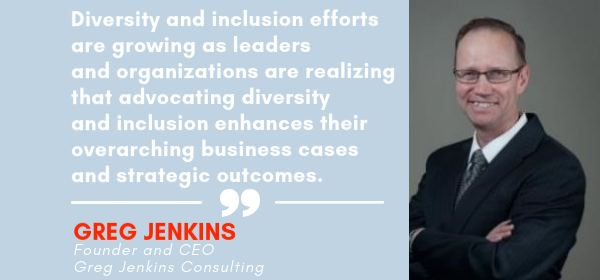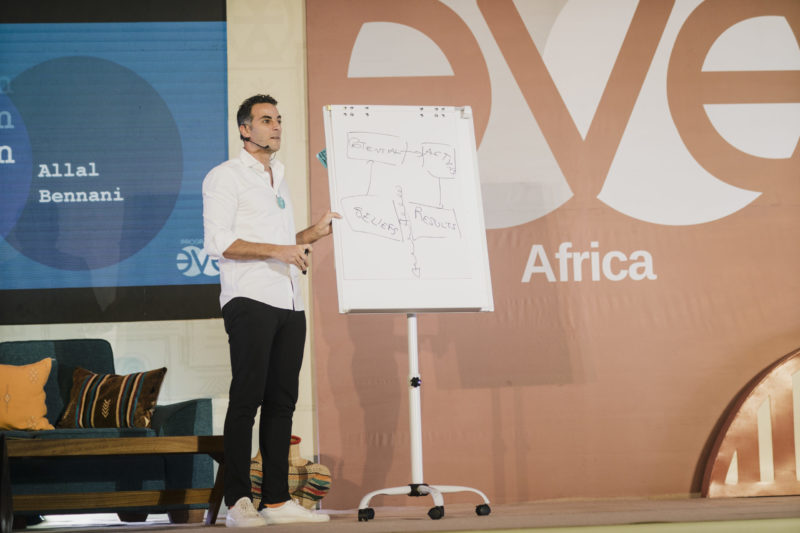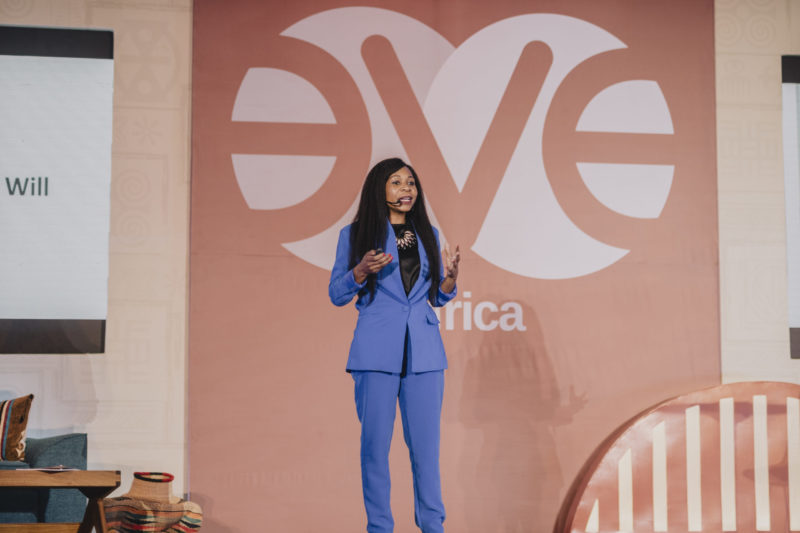Article written by Greg Jenkins, Founder and CEO, Greg Jenkins Consulting, for the EVE webmagazine
Diversity and inclusion initiatives are becoming more and more prevalent and it is good to see more corporate, academic and government organizations moving toward enhancing the inclusion of all people who make up our diverse organizations. This is a good thing! There are no shortages of business cases for diversity and the opinions and explanations that illustrate the importance and need for such programs. Something not heard of as much is the importance of individual responsibility that will have to be embraced if such programs are to be successful, and more importantly, sustained. In other words, it begins with self.
Our nation is experiencing a wave of changing demographics that are occurring faster than some experts predicted. This aspect, joined with a rapidly growing world population, is resulting in subsequent increased competition for resources and market share. Couple those aspects with the global business initiatives of other countries around the world and the business case for diversity and inclusion becomes infinitely more important. Hence, we need business strategies that include the types of outcomes that diversity and inclusion programs can provide. Subsequently, these strategies are being developed.
Organizations are claiming that they are going to incorporate diversity and inclusion into their business strategies, and that their new diversity and inclusion efforts will be tied to the overarching organizational goals. The CEOs of these same organizations are claiming that they will personally lead these efforts and will provide the necessary and adequate resources required to make these contemporary endeavors resounding successes. But without introspection, without a thorough personal inventory on the part of these leaders, of how they feel about self and other people, I fear a lot of diversity and inclusion initiatives will fall by the wayside. As a leader, myself, and having personally experienced such a process, I can attest to the moments of realization of self and others and the awakening that such programs can provide through dedicated and serious introspection. Again, it begins with self.
Diversity and inclusion strategies provide instruction on how to measure the effects of said programs and how we must hold individuals accountable to the organization’s objectives. These are key components, but without leaders and organizational members who understand the advantages of embracing and fully engaging the concepts and practices of diversity and inclusion we may never fully realize the potential of the very people who make up our organizations and communities. Such strategies and programs borne out of the visions of contemporary and committed leaders, coupled with adequate resources while aligned with the overarching goals of the organization can be and are successful. Diversity and inclusion strategies can capture the talent we require, but again, it begins with self.
The inclusion of diverse people leads to the capture of diverse talent, talent that is in high demand around the world today. The practice of empathy, a key component of inclusion, allows for the possibility of substantial returns on investment in terms of not only the quality of life for stakeholders, but also in enhanced productivity and market share. Furthermore, respecting and valuing the dignity of others allows people to become recognized for their talents and potential talents, instead of being prejudged based on their color, race, gender, national origin, religious preference or any other description in an endless list of difference that could be cited here.
When leaders begin to embrace the exterior sights, sounds and manners of people different from themselves they can begin to see the knowledge, skills, abilities and potential that all people possess. By learning about self, one can begin to learn about others, and in doing so, leaders can learn to have those courageous conversations that are required if real progress toward inclusion is to take place. If leaders do not first take hold of their own stereotypes and biases, they likely may never get past those deeply held and often incorrect beliefs and fears that may prevent any real sustainable inclusion. These leaders will miss the best and most important aspects of the very people they could be including on their teams and in their organizations, right now.
Diversity and inclusion efforts around the nation and world are growing as leaders and organizations are realizing that advocating diversity and inclusion enhances their overarching business cases and strategic outcomes. These leaders and organizations are right! Recognizing, accepting and leveraging the talents of all peoples are important and will add value to the organization. Nonetheless, without first understanding self, any real efforts to change the organizational culture into one of full inclusion will struggle to succeed. Hence, it begins with self.
 Greg Jenkins is a dedicated and passionate leader, facilitator, coach and mentor dedicated to helping teams achieve higher levels of performance. Greg completed a successful 28-year US Army career that ranged from duties in Germany, South Korea and combat duty in Iraq to include several stateside assignments culminating in Washington, D.C., Greg’s performance in leading teams and organizations ranged from small teams to the highest levels of Army leadership at the Pentagon. While serving at the Pentagon, Greg teamed up with the Army’s Diversity Task Force, and worked directly with Army senior leadership to help establish the Army’s Diversity program.
Greg Jenkins is a dedicated and passionate leader, facilitator, coach and mentor dedicated to helping teams achieve higher levels of performance. Greg completed a successful 28-year US Army career that ranged from duties in Germany, South Korea and combat duty in Iraq to include several stateside assignments culminating in Washington, D.C., Greg’s performance in leading teams and organizations ranged from small teams to the highest levels of Army leadership at the Pentagon. While serving at the Pentagon, Greg teamed up with the Army’s Diversity Task Force, and worked directly with Army senior leadership to help establish the Army’s Diversity program.






